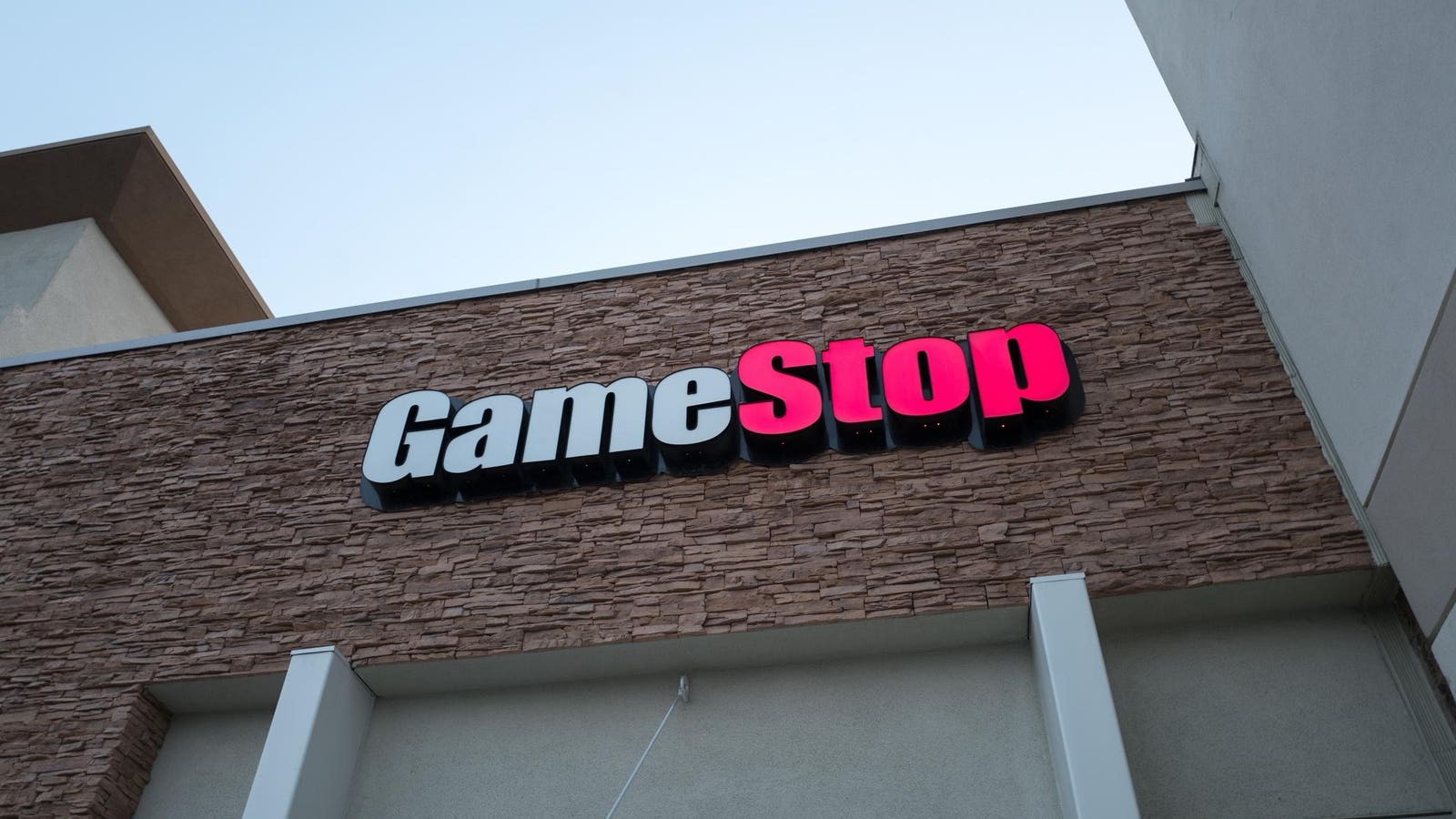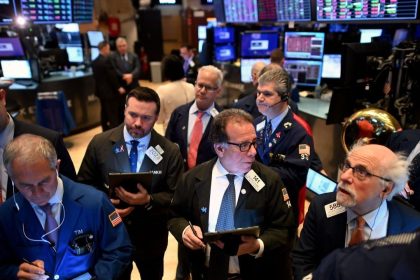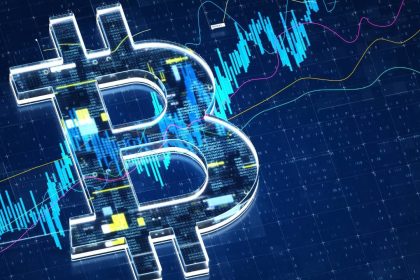The stock is probably worth only about $12 per share- its net cash value – given the cash burn
By Mark Hake, CFA
Summary
- GameStop is burning $115 million a quarter or $460 million annually in negative free cash flow.
- Good thing it has cash. At quarter-end it had $1.05 billion in net cash and securities (after almost no debt) and recently raised $933 million more or almost $2 billion total.
- In addition, GameStop filed on June 7 to sell 75 million more shares. At $25 per share, that would raise $1.87 billion. At $23, it’s $1.72 billion, but at $35, it brings in $2.62 billion.
- GameStop may end up with about $4 billion to $5 billion in net cash and about 426 million shares outstanding. Its net value works out to $11 to $12 per share after selling the cash-burn business.
- At today’s price, assuming almost a $10 billion market value, this assumes management can make almost a 100% ROI with the new cash. There is no margin of safety here for value investors.
GameStop Corp. (GME, Financial) is known as a “meme” stock. Who knows what that really means? A realistic look at this loss-making business is that it is now worth about $10 per share – maybe a little more or less.
Everything else above this is a speculative gamble on the ability of management to properly invest the cash and turn around the loss-making business.
Let’s take a realistic look at its value, right now – based on publicly available information – and without all the hype and any speculative assumptions.
The point is to keep things simple.
Cash burn business and net cash growing
First, open up the company’s earnings release on June 7. So far, (as of Monday, June 10) GameStop has not released its related 10-Q filing, so we do not know the exact number of shares outstanding.
Its financials show the following:
- $999.90 million in cash and $83 million in marketable securities, less $25.70 million in long-term debt, or $1.05 billion in net cash. This was as of May 4.
So $109.80 million in operating cash flow losses less $4.90 million in capital expenditures, or $114.70 million in quarterly cash burn (negative cash flow or outflow) works out to $458.80 annually.
Source: Company press release, June 7
Moreover, on June 7, the company filed a new prospectus and said it had sold $933.70 million for 45 million in new shares on May 17. That is before commissions which were not disclosed. The average price was $20.75.
So that brings its present net cash balance (after debt) to $1.99 billion. Based on the prospectus it also filed, the net number of shares outstanding is now 351.21 million.
As such, its existing net cash balance per share is $1.99 billion divided by 0.35, or $5.67.
In addition, with the new prospectus, the company says it plans on selling 75 million more shares. That would bring the balance to 426.22 million.
New capital raise
The issue is what price will the company be able to sell those new shares at. The stock is at $23 or so on Monday, June 10.
So let’s be optimistic and assume they sold the balance at $30 before then. That brings in another $2.25 billion. And at a higher price of $35 it would be $2.62 billion.
However, at $25, the 75 million shares will bring in just $1.87 billion.
On average, before commissions, we can expect that GameStop will have at least $4 billion, and possibly as much as $4.60 billion in net cash.
The net value per share
Based on 426.20 million shares outstanding, that works out to $10.80 and possibly as much as $11 per share in net cash.
Assuming the existing business could be sold for half a billion or less, that net value is about $12 per share.
So any price above that amount assumes the company can turn its cash-burning business around and stop the bleeding.
Moreover, it assumes management will know how to spend the money profitably.
In effect, GameStop has turned into a venture capital stock. You are invested in a cash pile with a cash-burning business.
Speculative value
The excess value is $11 per share (i.e., $23 and change today less $12 in approximate value), or $4.68 billion (i.e., $11 x 426.2 million shares outstanding after the recent capital raise).
That may appeal to some investors. They like the aspect the company has been able to change its existing fortunes around so far.
Maybe it is worth the extra $12 per share, or $5 billion (see above).
At $23 per share, the market cap will be almost $10 billion (i.e., 426.20 million shares times $23 equals $9.78 billion). So the excess, or speculative value, is $9.8 billion ($4.6 billion in net cash plus $600 million for the existing business, or $5.2 billion total).
That market essentially assumes management can make almost a 100% return on investment: i.e., $10 billion in market value today divided by $5.20 billion in net value, i.e., 1.92 – 1 = 92% ROI.
That may be hard to believe for most normal investors who don’t like to gamble.
Conclusion for value investors
The problem for value investors like me is that there is no margin of safety here. It would be better to invest in this stock if the following can happen:
- The stock price falls to a point where the net cash is at least 80% or so of the stock market value.
- The company can demonstrate its cash burn won’t eat up a large portion of the net cash available. As it stands now, the $466 million in annual cash burn still uses up to 10% of the $4 to $5 billion in net cash the company has raised. Granted that is much lower than before, but it still represents an outflow.
- The company shows it has lined up an acquisition or some way of investing the new cash in a profitable, cash-producing business.
- The company can show it has become a venture capital or private-equity type business, or maybe joined with an existing player in this arena. In that case, the market can revalue it based on its prospects.
- The company can raise even more cash at much higher stock prices.
So far, none of these are on the horizon. A realistic view of GameStop stock is that it’s overvalued, but there are good things that could happen to the company with its huge cash pile. However, for value investors, any price above $12 per share is probably a speculative gamble, where no margin of safety exists.
Disclosures
I/we have no positions in any stocks mentioned, and have no plans to buy any new positions in the stocks mentioned within the next 72 hours.
Read the full article here


















